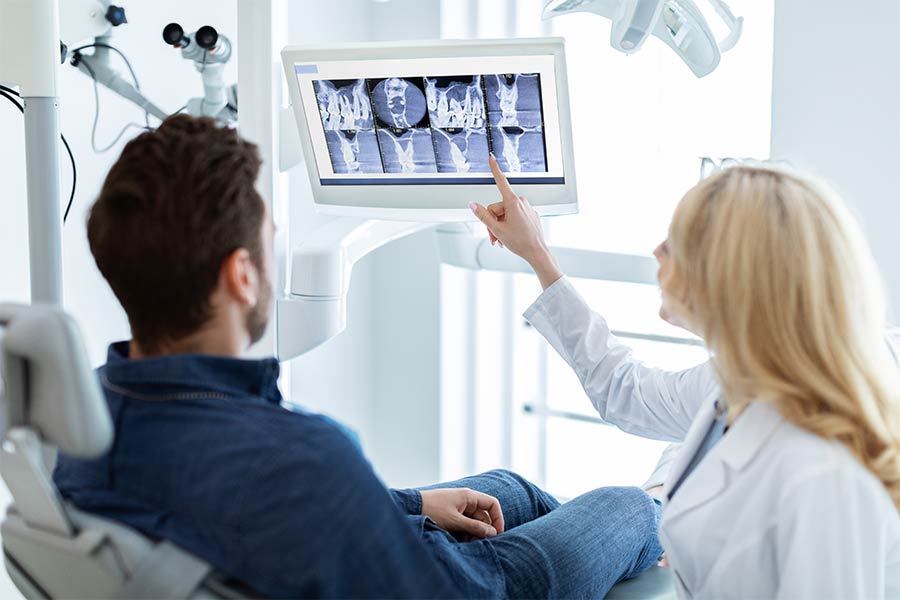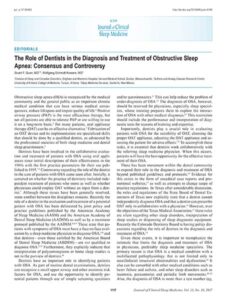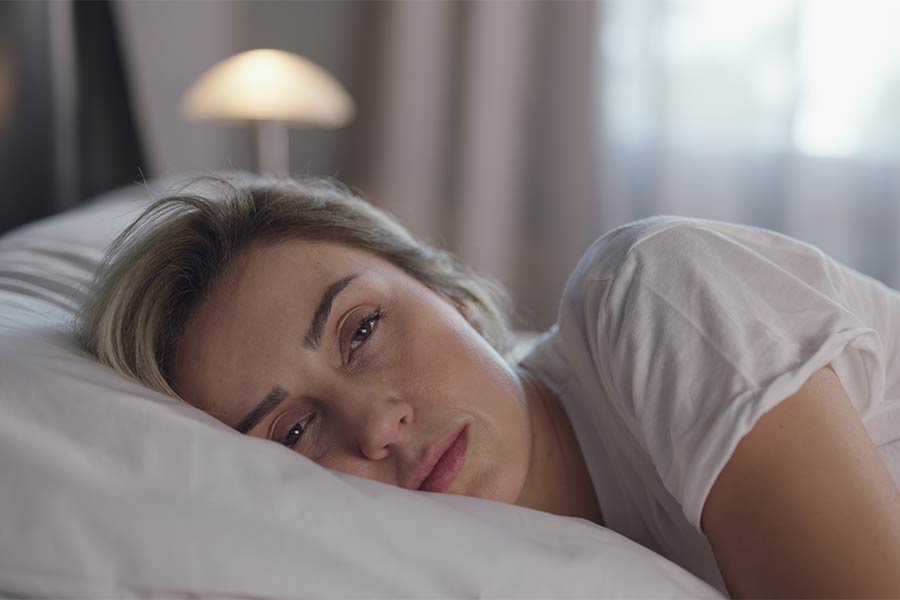
The diagnosis and treatment of obstructive sleep apnea (OSA) have traditionally fallen within the domain of sleep medicine specialists. However, in recent years, there has been a growing recognition of the potential role that dentists can play in this realm. This article, authored by Stuart F. Quan, MD, and Wolfgang Schmidt-Nowara, MD, delves into the evolving landscape of OSA diagnosis and treatment, exploring both the consensus and controversy surrounding the involvement of dentists in this critical area of healthcare.
Published online on October 15, 2017, this article sheds light on the expanding scope of dentistry beyond its conventional boundaries. Dentists are increasingly being recognized for their unique position to identify and manage OSA, owing to their expertise in oral anatomy and physiology. Driven by advancements in dental sleep medicine, dentists are now equipped with tools and techniques to contribute significantly to the detection and treatment of OSA in patients.
The article navigates through the consensus that has emerged within the medical community regarding the potential benefits of involving dentists in OSA care. Dentists can offer alternative treatment options, such as oral appliance therapy, which can be particularly beneficial for patients who are intolerant to continuous positive airway pressure (CPAP) therapy. Furthermore, the collaborative efforts between dentists and sleep medicine specialists are highlighted as crucial for providing comprehensive care to OSA patients.
However, amidst the growing consensus, controversies persist. Questions arise regarding the standardization of dental sleep medicine practices, the appropriate training required for dentists entering this field, and the potential for misdiagnosis and inadequate treatment. These contentious issues underscore the need for further research, education, and interdisciplinary collaboration to ensure the effective integration of dentists into the OSA diagnostic and treatment landscape.
In essence, this article serves as a comprehensive exploration of the evolving role of dentists in the diagnosis and treatment of obstructive sleep apnea. It underscores the potential benefits of leveraging dental expertise in this domain while acknowledging the challenges and controversies that accompany this paradigm shift in healthcare delivery.





